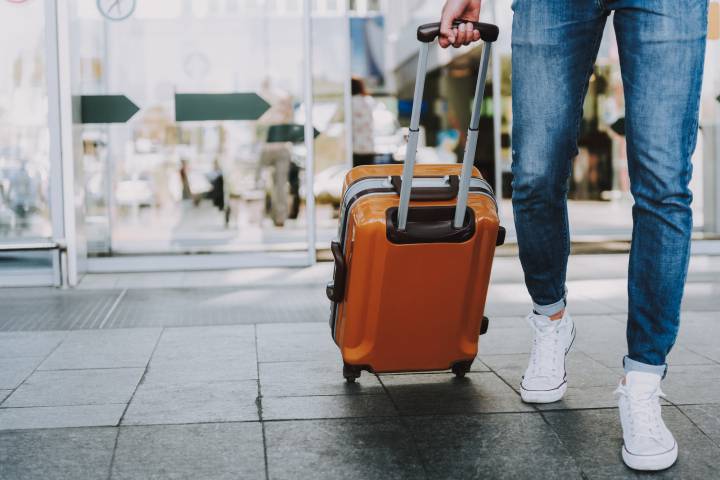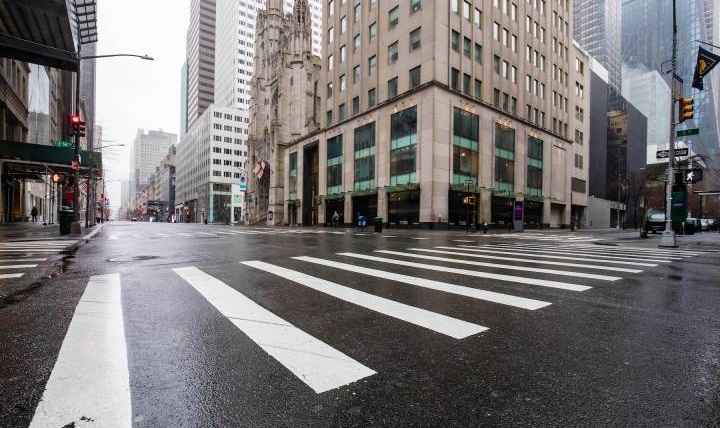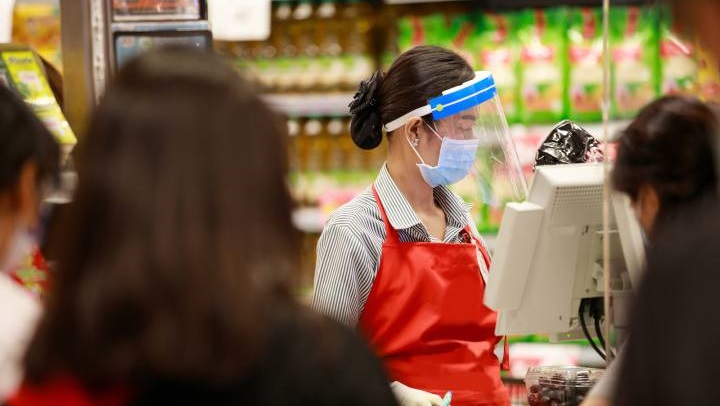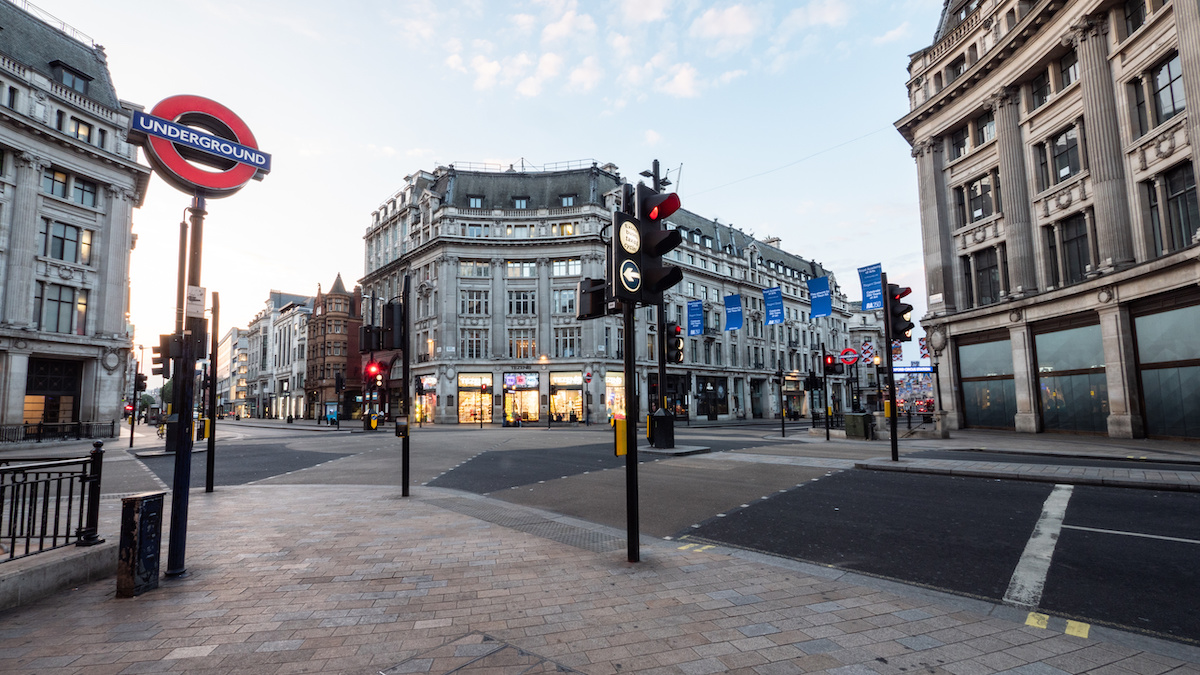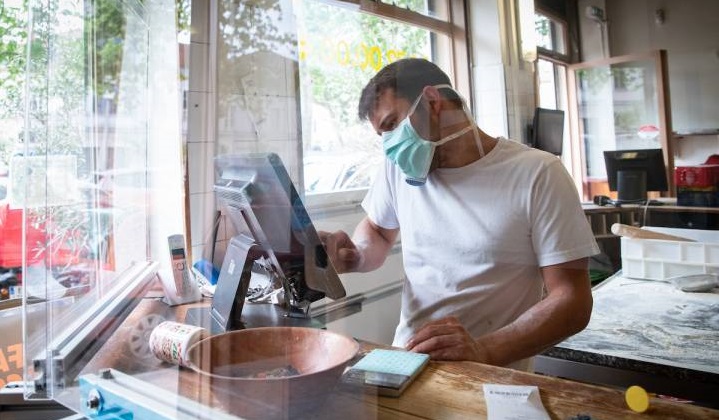Footfall across consumer settings in Italy has continued its dramatic rise over the last week, making it the first country to see activity levels climb to those inline with – or in excess of – pre-lockdown levels. Every country covered by Huq’s ‘All Consumer’ Indicator has an increase in the last two weeks, however the UK remains bottom of the league in terms of footfall across consumer outlets.
Today’s data from Huq’s new European Travel Monitor indicates that the reasons for British overseas travel during recent months have been closely inline with those permitted – essential work, family and ‘returning home to a main residence’. This new monitor – which measures the proportion of European country-residents present in popular destinations across southern Europe – also reveals that Sweden has been the only country to demonstrate some semblance of normality over the period since March, with residents 6x more likely to travel than their British counterparts.
The latest data from Huq’s ‘Daily Distances’ indicator shows that New York residents continue to trail 11 major US and European centres in terms of population mobility as caution prevails. Latest figures demonstrate that the average daily distances covered by New Yorkers has yet to regain 40% of mean pre-lockdown levels, in stark contrast to other US cities (Chicago 63%, Boston 52%, Houston 65% and Atlanta 47%) and European capitals (Madrid 47%, Paris 83%, Berlin 80% and London 65%).
The number of Brits visiting European countries has dropped by around 80% during the last four months as Covid-19 puts a hold on non-essential international travel, potentially making 2020 the year of the staycation. According to Huq’s European Travel Indicator (GB Residents), which tracks the change in British residents present in countries across Europe, there has been very limited activity during lockdown and since measures have relaxed at the start of April.
Footfall to Italy’s hospitality sector has hit 90% of pre-lockdown levels, as appetite for the country’s restaurants, cafes and bars continues to grow. Hospitality in Italy saw a bigger rise in footfall than any of its European counterparts following the easing of lockdown measures at the start of May and this steady upward trend has reached record highs in the last week.
Footfall across consumer-facing shops and stores in the Far East and US has dropped by up to 10 points in the last week, as Huq’s geo-data suggests that social distancing measures and fears of a second wave could be subduing the return to ‘normal’. Huq’s ‘All Consumer’ Indicator, which tracks footfall across shops and stores around the world, showed an initial increase in activity from the end of April as countries began to lift lockdown measures.
Key Industries across Europe have plateaued following an initial growth spurt post-lockdown, with footfall to Chemical, Biotechnology and Defence manufacturing plants dropping by around 10pts in the last week. According to Huq’s ‘Key Industries Indicator’, these three staple industries saw an initial flurry of activity post lockdown but this rising trend plateaued here and has yet to see another surge.
Which way the economic winds will blow come Monday is the question on many minds as businesses across the country prepare to step back towards normality. For some of us, the chance for a flutter is finally imminent as the UK allows non-essential retail – and betting shops among them – to resume conventional trade.
Consumer activity across the UK consumer sector has been consistently lower than the US, Italy and Australia over the last two months, as data from Huq’s ‘All Consumer’ Indicator suggests that retail across the country has a lot of ground to make up after re-opening on Monday.
Italy has seen a marginal increase in international visitors since opening its borders on Wednesday last week (3 June), with data suggesting that the country’s tourism sector will have to wait to see the spike it is hoping for to reboot the crucial summer season.
Across Europe, essential industries like Biotechnology, Defence and Chemicals have seen a gradual return to some productivity since lockdown measures have eased off while more discretionary sectors (Food, Automotive and Aerospace) remain subdued.
Customer activity across Italy’s hospitality sector has steadied at around 50% of pre-Covid levels in the three weeks since lockdown policies were eased on 18 May. With Italy set to re-open its borders to European countries today, Huq’s Key Consumer Industries Indicator confirms reports that while consumers have appetite, the country’s restaurants and cafes have some way to go to get back to normal trading.
With Italy and Spain both hoping to welcome tourists back for the summer season over the next five weeks, data from the Huq Daily Distances Indicator suggests that as boarders open, Italian residents’ appetite for a summer slew of overseas visitors could be far greater than among their Spanish counterparts.
Customer footfall across Italy’s hospitality sector has increased by in excess of 500% following the easing of Covid-19 restrictions on 18 May, however it remains at around a third of pre-lockdown levels as the ‘shape of recovery’ remains unclear.
According to Huq’s Key Industries Indicator for Italy, customers visiting the country’s bars, cafes and restaurants even climbed to the point of exceeding footfall to supermarkets for the first time since enforced closures came into effect on 11 March.
Life under lockdown has presented the Foodservice industry with its biggest challenge for a generation and footfall under forced closures has dropped by well over 90%. However, Huq’s Foodservice Indicator, which tracks footfall activity across Restaurants, Quick Service Restaurants (QSR) and Pubs, shows footfall to pubs has been increasing while offering some clues as to how certain businesses have adapted during this period to maintain a presence and survive.








